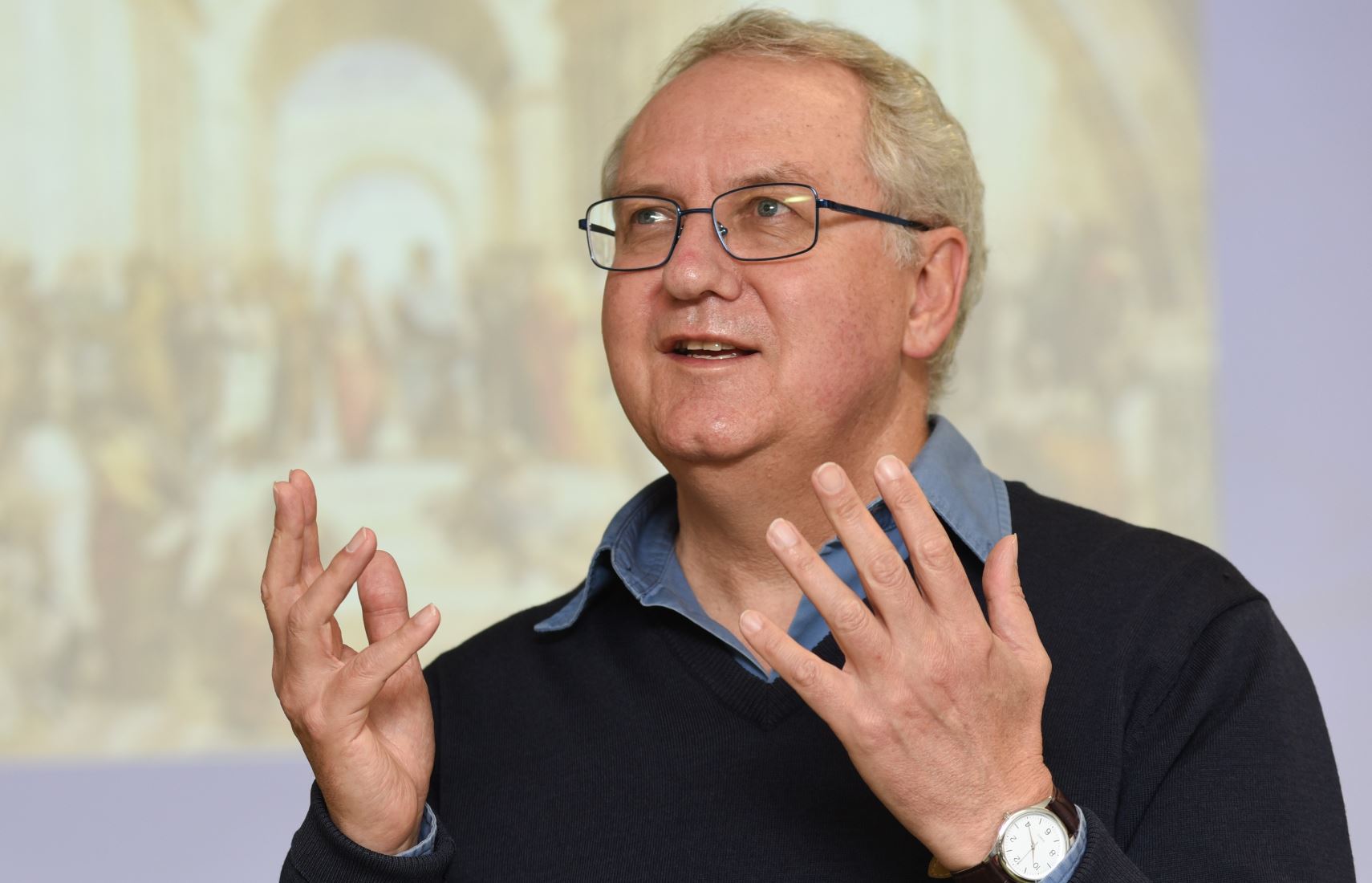
Political theorist Flinders Professor George Crowder has been made a Fellow of the Academy of the Social Sciences in Australia.
He joins an elite group of 36 Australian social scientists who have been elected to the Academy this year for their distinguished contributions to their disciplines and to society.
Professor Crowder, from the College of Business, Government and Law, says that over the years his study and research have always inspired and surprised him.
Political science has changed a great deal, he says, since he graduated with LLB (Hons) Law from the Victoria University in Wellington, NZ in 1977.
“The study of politics is probably less idealistic now than it was then,” says Professor Crowder.
“The Cold War struggle between liberal democracy and state communism has been replaced by a world in which the dominant ideologies are less progressive in aspiration.
“People expect less from politics now.
“The failure of Soviet communism was supposed to lead to a golden age of democracy, but it resulted only in an upsurge of aggressive nationalism and religious fundamentalism.
“In the developed world, the welfare state has been eroded by a market-driven neoliberalism in which everything is measured by money.
“The losers in this process now support narrow-minded forms of populism.”
But Professor Crowder believes that there is still a role for reasoned and critical analysis of our situation, which is where political theory can make an important contribution.
“The idea of pluralism, in particular, reminds us that many different values are important to human well-being and to desirable public policies,” he says.
“This is an antidote to one-size-fits-all models of politics based on the market, or the nation, or ‘the people’.”
Professor Crowder is an internationally recognised authority on the work of the leading political philosopher Isaiah Berlin, and on the concept of value pluralism and its political implications.
He has has taught political theory in Britain, the United States and Lithuania as well as Australia. He joined Flinders University in 1995.
His books include Classical Anarchism (1991), Liberalism and Value Pluralism (2002), Isaiah Berlin: Liberty and Pluralism (2004), and he is the co-editor (with Henry Hardy) of The One and the Many: Reading Isaiah Berlin (2007); and Theories of Multiculturalism (2013).
His current book project is called The Problem of Value Pluralism: Isaiah Berlin and Beyond, scheduled to be published by Routledge late next year.
President of the Academy of the Social Sciences in Australia, Professor Glenn Withers AO, congratulated the 19 women and 17 men elected this year.
“The strength of Australian social sciences is reflected in these appointments,” Professor Withers says.
“Social sciences are a comparative advantage of Australia. Over half of the top ten global disciplinary rankings for Australian universities are in the social sciences.
“The scholars elected here to fellowship have each made contributions of excellence, as recognised by their peers in an exhaustive electoral process.”
The new Fellows of the Academy will be formally welcomed and inducted at the Academy’s General Meeting and Annual Symposium to be held in Canberra from 12-14 November.
The symposium will bring the social sciences to bear on the loss of trust in public and private institutions.
Themes to be explored include whether trust can be restored, by what means, and how long might be required to regenerate the trust that a civil society requires.

